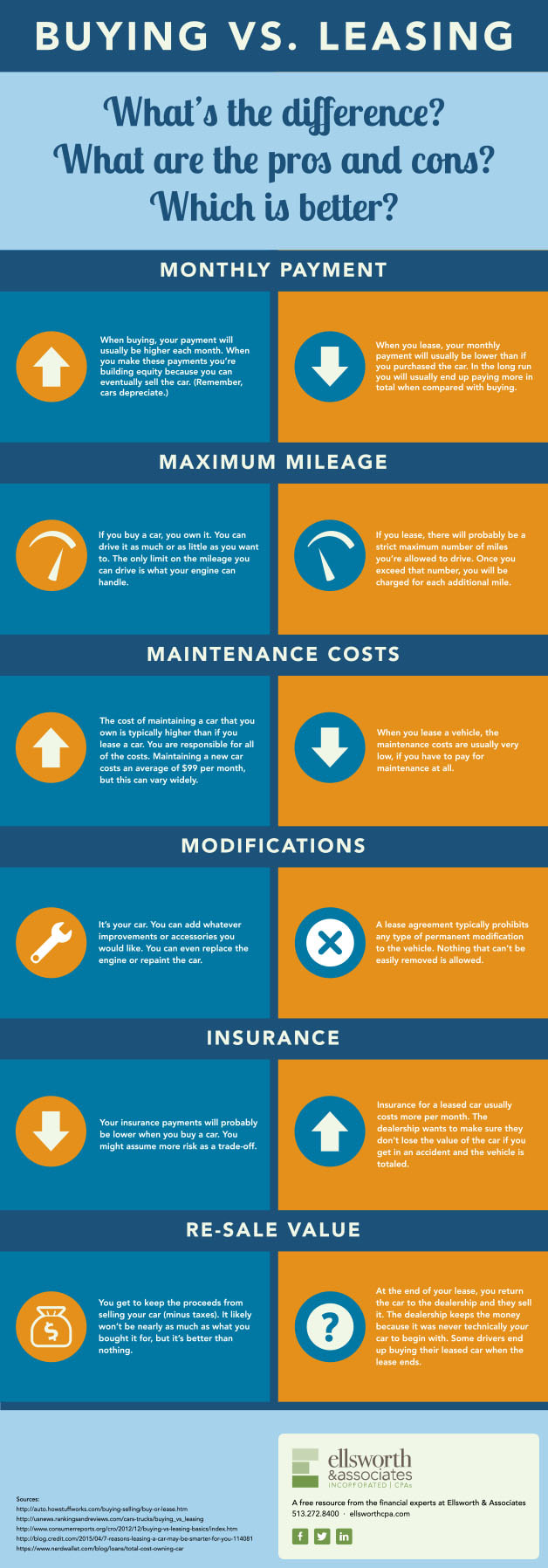|
Mutual funds benefit from the long-standing belief that they allow investors to diversify their holdings without buying individual stocks. But to the unwary investor, tax surprises abound. From a tax planning viewpoint, here are some great mutual fund tips. Most of these tips assume your mutual fund investment is not in a retirement account (like a 401(k) or traditional IRA), unless otherwise noted. Maximize Your Mutual Fund Investments
0 Comments
Loaning to friends and relatives is a delicate business, and not simply because of the tension it can cause in your relationships. There are tax issues at play also. If you must loan money to somebody close, here are some tips to do it correctly as far as the IRS is concerned. Charge InterestYes, you should charge interest, even to friends and family. If you don’t charge a minimum rate, the IRS will imply interest in the loan and tax you for the interest they assume you are getting. This can happen even if you’re not getting a dime. Charge Enough InterestNot only should you charge interest, the amount must be reasonable in the eyes of the IRS. If it's not, the IRS will imply interest at their minimum applicable federal rates (AFRs). To stay on the safe side, always charge the interest rate at or above these AFRs, available on the IRS website. The good news is these interest rates are low and usually lower than the prime interest rate. Know the ExceptionsIf you don’t want to charge interest, you don’t have to IF:
If you don’t charge interest and the loan is used to purchase income-producing property such as capital equipment or to acquire a business, special tax rules apply. In this case it’s good to ask for help. Get It in WritingIf you expect repayment, put the terms of your loan in writing. There are a variety of basic loan document formats online that you can use. Creating a loan document may seem needlessly formal when dealing with a friend or family member, but it’s important for two reasons:
Document your tax code compliance. By recording the terms and charging a specified interest rate you can show you are within tax code rules. Avoid misunderstandings. Creating a written document will make it clear that it is a real loan, not an informal gift. Your friend or relative will know that you expect them to pay you back and when you expect repayment. The two most popular shopping days of the year are not far away. Black Friday, on November 24, is the day after Thanksgiving when brick-and-mortar retailers entice shoppers with exceptional deals. Online retailers offer a second round of shopping on November 27. As sellers start to bombard you with ads and emails, here are ideas to help take advantage of these shopping-day spectacles.
Create a list before you shop. This can help cut needless and thoughtless purchases in-store or online. Consider breaking your list into groups, like:
Create a budget and stick to it. If you take time before you shop to see what deals are out there, you'll be less likely spend more than you wanted to. After you make your budget, stick to it. Start looking at ads early. Give yourself plenty of time to check and compare ads. Remember, stores are competing against each other for business. This means there could be equivalent sales and deals at multiple places, including online. Once you find the best ads, you can create a shopping plan. Find the best way to make your purchases. Check both in-store and online sales. Figure out the best way to make your purchases, even if that means buying some things at conventional stores and waiting to take advantage of other deals online. Make sure the deal is worth it. Do your homework. This means you should check the price history, verify the make and model of products (especially for electronics), and read reviews. Make sure there's an actual discount, not just an increased price with a coupon attached. Double-check the return policy. One way to avoid buyer's remorse is to know the return policy for in-store and online purchases. Every business has a unique return policy, which can change for Black Friday deals. Know the return policy, no matter how big or small the purchase. Don't stress out. Try not to let enthusiasm turn into stress and worry. It is easy to make a bad purchase decision caused by the chaos these annual sales events create. Remember, you'll always have more options, no matter what happens this year on Black Friday. Most businesses have seasonal holiday sales in stores and online, so there's ample time left for holiday shopping. Banks are a necessary tool to navigate our daily financial lives. Unfortunately, there are aggravating practices at many banks that drive us crazy or cost us money. Here are five tips to get more out of your bank and pay less.
As the year comes to an end, there are several tax-saving ideas you should take into consideration. Use this checklist to ensure you don't miss an opportunity before the year is over.
When you’re looking for a car and you go to a dealership, you have a couple options. You can buy the car, where you pay the full price with cash, or take out a loan which you pay back over time. You can also lease the car. Leasing is somewhat like a long-term car rental. You have monthly payments and after a certain period of time, usually three years, you return the car. There are some other differences too. Check out the infographic below for differences between buying and leasing a car. (Click to enlarge.)
There may come a time when you are on the receiving end of a debt collection call. It could happen any time you are behind on paying your bills, or if there is an error in billing. In the US, there are strict guidelines in place that prohibit any type of harassment. If you know your rights, you can deal with debt collection with minimum hassle. Here are some suggestions: Ask for Non–Threatening TransparencyWhen a debt collector calls, they must be transparent about who they are. The magic words they must say are: "This is an attempt to collect a debt, and any information obtained will be used for that purpose." In addition, debt collectors may not use offensive or intimidating language, or threaten you with fines or jail time. The most a debt collector can honestly threaten you with is that not paying will harm your credit rating, or that they may sue you in a civil court to collect payment. Know the Contact RulesDebt collectors may not contact you outside of "normal" hours, which are between 8 AM and 9 PM local time. They may try to call you at work, but they must stop if you tell them that you cannot receive calls there. Debt collectors may not talk to anyone else about your debt (other than your attorney, if you have one). They may try contacting other people, such as relatives, neighbors, or employers, but it must be solely for trying to find out your phone number, address, or where you work. Take ActionIf you think the debt is in error in whole or in part, you can send a dispute letter to the collection agency within 30 days of first contact. Ask the collector for their mailing address and let them know you are filing a dispute. They will have to cease all collection activities until they send you legal documentation confirming the debt. Tell Them to StopWhether you dispute the debt or not, at any time you can send a "cease letter" to the collection agency telling them to stop making contact. You don't need to give a specific reason. They will have to stop contact after this point, though they may still choose to pursue legal options in civil court. If a debt collection agency is not following these rules, report them. Start with your state's attorney general office, and consider filing a complaint with the US Federal Trade Commission and the Consumer Financial Protection Bureau as well.
Having insurance for your home and vehicle is vital to ward off financial catastrophe when accidents happen. Unfortunately, insurance policies are becoming increasingly more expensive. One thing you can do to decrease your insurance cost is to consider increasing your coverage deductibles. Higher Deductible, Lower Insurance CostDeductibles are the out-of-pocket cost you must pay before your insurance company steps in with their coverage. If you are willing to increase your deductibles, your insurance company will lower your monthly insurance premium. By increasing car insurance deductibles from $500 to $2,000, the average American would save 16 percent a year. The exact amount you would save on either car or home insurance depends on the state you live in, your demographic profile, and claims history. Do the MathBefore you decide whether upping your deductibles is right for you, find out how much you would save. Suppose you would save $200 a year by increasing your car insurance collision and comprehensive deductibles to $2,000 from $500. After 7½ years, you would accumulate enough savings to make up the extra $1,500 out-of-pocket cost should you have an accident. Now consider how likely you are to have an accident. About six in every 100 U.S. motorists file a collision claim every year and 3 in 100 file a comprehensive claim, according to the Insurance Information Institute. If those claims were spread out evenly, that means every motorist would go 16½ years before filing a collision claim and more than 33 years before filing a comprehensive claim. Of course, claims are not spread out evenly and no one person's experience is "average." Your actual risk will greatly depend on how safe a driver you are, how many miles you drive a year, and where you drive. You need to make a similar estimate of your chances of filing a claim on your homeowners insurance. Avoid the Rate–Hike GameInsurance companies are well-known for raising your premium after you file a claim. A higher deductible reduces this risk as fewer claims need to be filed. A Word of CautionRemember that increasing your deductibles can create a financial hardship. In our example, you'll now have to have $2,000 on hand to cover the cost of an insurance claim. Before you change your policy, you need to be prepared by having enough money in a savings account to cover your higher deductible if an accident does happen and you need to file a claim.
As we enter into the fall months, it's a good time to check your tax withholdings to make sure you haven't been paying too much or too little. This is especially true if major changes took place in your life this year to your marital status, number of dependents, or your employment. This quick checkup will ensure you are not surprised with a large tax bill when you file your income tax return. Fortunately, you still have a few months left to fix any problems. Get an Accurate AssessmentThe IRS has an online withholding calculator that will help you calculate how much your current withholdings match what your final tax bill will be. In order to get an accurate reading, you need to have a copy of your latest paycheck or last quarterly estimated tax filing (Form 1040 ES). It may also help to have your last tax return on hand if you expect to take similar credits and deductions this year. Enter your data, including your filing status, dependents and any information about credits. Then refer to your last paycheck or withholding statement and enter in your total withholdings so far this year. Also enter what you expect to earn by year-end. After you enter your information, the tool will output something similar to this: Based on the information you previously entered, your anticipated income tax for 2017 is $15,145. If you do not change your current withholding arrangement, you will have $23,670 withheld for 2017 resulting in an overpayment of $8,525 when you file your return. How to Fix a ProblemWhether you're paying too much or too little, you can fix it by filling out a new W-4 form and giving it to your employer. If you do so, you'll have to file another W-4 at the start of 2018 to return your withholding schedule to normal. If you're filing quarterly estimated taxes, you can adjust your next quarter's estimate in a similar way. Why a Checkup Is ImportantIn a perfect world, you would neither owe too much nor get too large a refund. Unfortunately, the federal government refunds more than $3,000 a year to the average taxpayer. Think of that money as an interest-free loan the government borrowed from you. Conversely, a shortfall means writing a large check when you file your tax return. That's a surprise few of us need.
When was the last time you reviewed your insurance coverage? An annual insurance review makes good financial sense. Here are points to consider as you review your various insurance policies.
|
Archives
February 2018
Categories
All
|
|
Ellsworth & Associates, Inc. CPAs
513.272.8400 Cincinnati: 9624 Cincinnati Columbus Road, Suite 209, Cincinnati, OH 45241
|
© 2017 Ellsworth & Associates, Inc.
|











 RSS Feed
RSS Feed